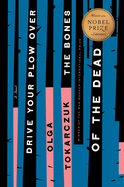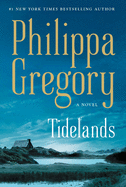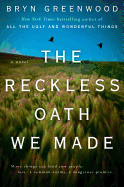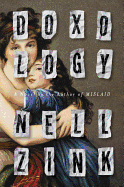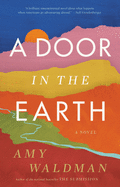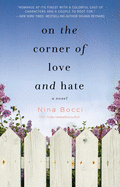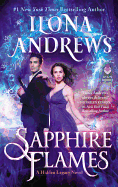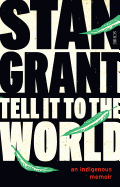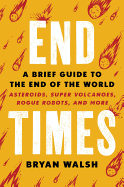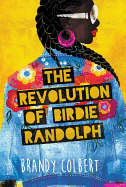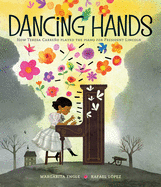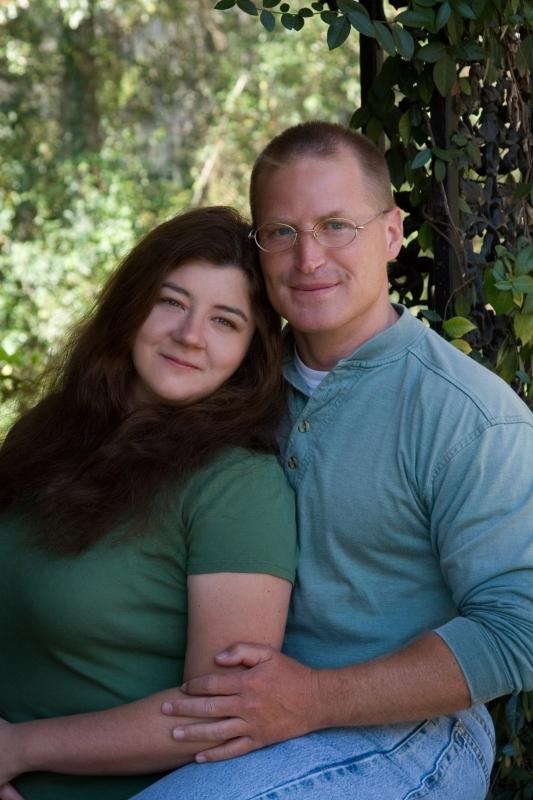 The husband-and-wife writing team of Ilona and Gordon Andrews write urban fantasy novels under the pseudonym Ilona Andrews. Their new book, Sapphire Flames (just published by Avon, and reviewed below), is the fourth in the Hidden Legacy series. Ilona and Gordon live with their family in Texas.
The husband-and-wife writing team of Ilona and Gordon Andrews write urban fantasy novels under the pseudonym Ilona Andrews. Their new book, Sapphire Flames (just published by Avon, and reviewed below), is the fourth in the Hidden Legacy series. Ilona and Gordon live with their family in Texas.
Sapphire Flames' setting in contemporary Houston with the added element of magic is fascinating. The characters seem to be ordinary, sympathetic people who just happen to possess extraordinary magical abilities. Is this an aspect of the novel you created deliberately or a result of organic plot evolvement? Do you think the familiar/unknown combination is a factor in the popularity of your novels?
It's probably a little of both. People are emotional junkies. At the core, we don't read for fantastic powers or cool concepts. We read for people and emotions they allow us to experience. People are the same no matter what abilities they have.
Also, we've learned the hard way that if you're going to throw fantastic elements into a story, you must get the ordinary details right. It helps to ground the readers and allows them to suspend their disbelief. I think it definitely contributed to the success of our books. Plus, it's hilarious to have the character who just saved the world come home and be terribly upset because it's recycling day and they forgot to drag their trash can to the curb.
Catalina's magic manifests as a Siren with beautiful wings. Is the Siren based on a particular legend or mythology?
Catalina's abilities are based on the mythological sirens of Greece. Most people probably know them from reading Homer's Odyssey, where they are portrayed as half-women, half-birds who lure unwary sailors to death with their beautiful singing. Somehow, in later art, particularly during the early 1900s, they morphed to be more mermaid-like, as in Draper's Ulysses and the Sirens, for example, but the earliest accounts and pottery from Ancient Greece show them with wings rather than fishtails. We're both very familiar with Greek mythology, and it felt like a natural choice for this character.
What drew you to write urban fantasy rather than some other genre, such as suspense or mystery, for instance?
For me (Ilona), it was probably a case of overactive imagination. As a child, I kept imagining monsters in the dark and then naturally wondered how the monsters would come to be there in my perfectly ordinary surroundings. We tend to associate fables and myths with historical setting, but for people who created them, these stories were probably contemporary. Every generation has its own legends and folklore, and urban fantasy might be ours.
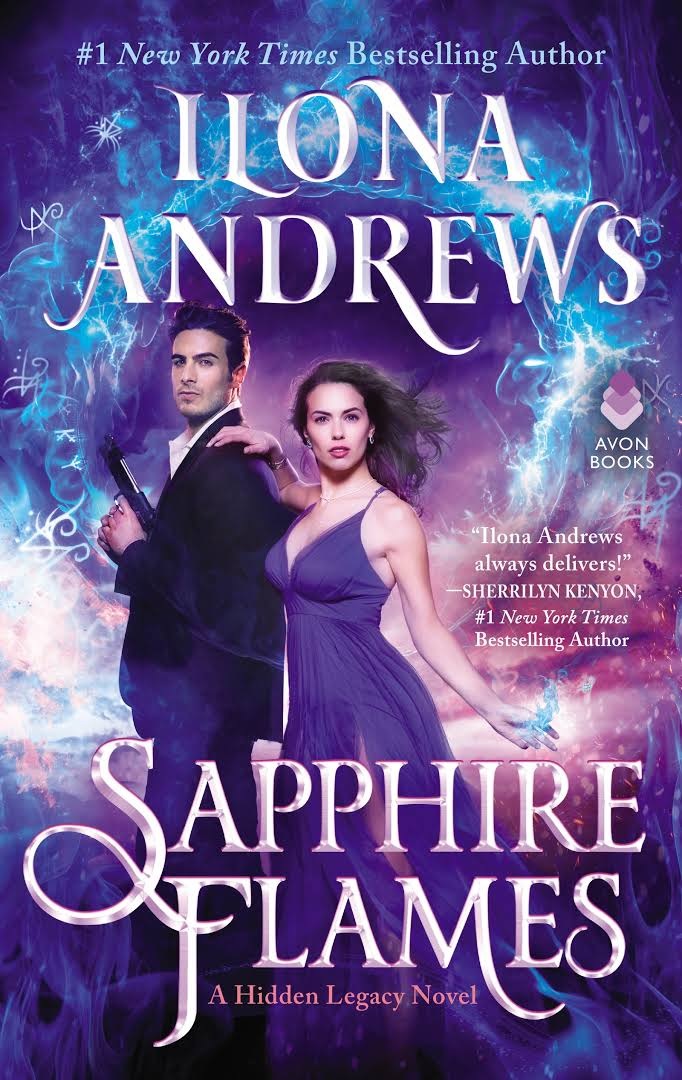 Ilona, you came to the U.S. from the Soviet Union as a teenager and met Gordon at Western Carolina University. Do you feel your experience in the Soviet Union has influenced your novels?
Ilona, you came to the U.S. from the Soviet Union as a teenager and met Gordon at Western Carolina University. Do you feel your experience in the Soviet Union has influenced your novels?
Yes. Having lived through the collapse of the U.S.S.R., I've watched our social net completely disintegrate. There was a period of time of about six months when the government ran out of money and stopped paying scientists like my father, for example. No recourse, no back pay. Just no money. Goods disappeared from stores--things like sugar and toilet paper that we all take for granted. Crimes occurred and nobody seemed to be doing much about them. It was a very scary time. If anything, a lot of our work is a warning. Nobody wants to live in a world where having the strongest magic or the sharpest sword means you can ignore laws. But it also has some hope. Even in the dark times there are people who do the right thing, and we like to write about those people.
Before attending university, Gordon, you were a member of the U.S. Army. Does that experience influence your choice of genre?
I was able to attend Western Carolina University on the G.I. Bill after serving four years in the Navy. Later, when I was close to graduating, jobs were hard to find, our house was falling apart and we couldn't afford to pay the bills, let alone tuition. We--and I say we because it affected all of us--joined the army as a way to survive. I don't know if it influenced our choice of genre, but it gave me a familiarity with, maybe an affinity for, firearms and violence.
Tell us about your writing process as a team. For instance, do you each have designated areas of expertise, such as weaponry, mythology, etc.? Does one of you have final draft editing control? Do you co-write the first draft?
We do it all together. The first draft, the research, the editing, though we do edit in shifts because it's brain and soul draining. Our computers are very close together and we discuss the plot even when we're not writing. Writing together is like assembling Ikea furniture--you can do it, or you can't. We're lucky that we can do both without wanting to kill each other. --Lois Faye Dyer, writer and reviewer
Ilona Andrews: Magic and Mayhem in Urban Houston
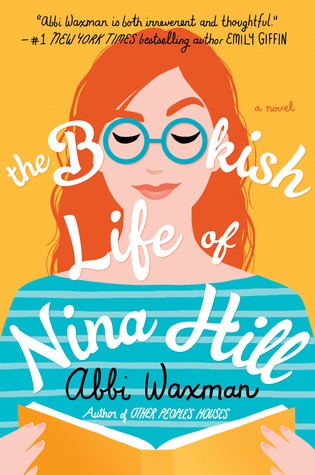 I picked up The Bookish Life of Nina Hill (Berkley, $16) expecting gentle humor and light romance. What I got was often-snarky humor and sexy romance; even better, Abbi Waxman (The Garden of Small Beginnings, Other People's Houses) has written a paean to indie bookstores and booksellers.
I picked up The Bookish Life of Nina Hill (Berkley, $16) expecting gentle humor and light romance. What I got was often-snarky humor and sexy romance; even better, Abbi Waxman (The Garden of Small Beginnings, Other People's Houses) has written a paean to indie bookstores and booksellers.


 The husband-and-wife writing team of Ilona and Gordon Andrews write urban fantasy novels under the pseudonym
The husband-and-wife writing team of Ilona and Gordon Andrews write urban fantasy novels under the pseudonym  Ilona, you came to the U.S. from the Soviet Union as a teenager and met Gordon at Western Carolina University. Do you feel your experience in the Soviet Union has influenced your novels?
Ilona, you came to the U.S. from the Soviet Union as a teenager and met Gordon at Western Carolina University. Do you feel your experience in the Soviet Union has influenced your novels? 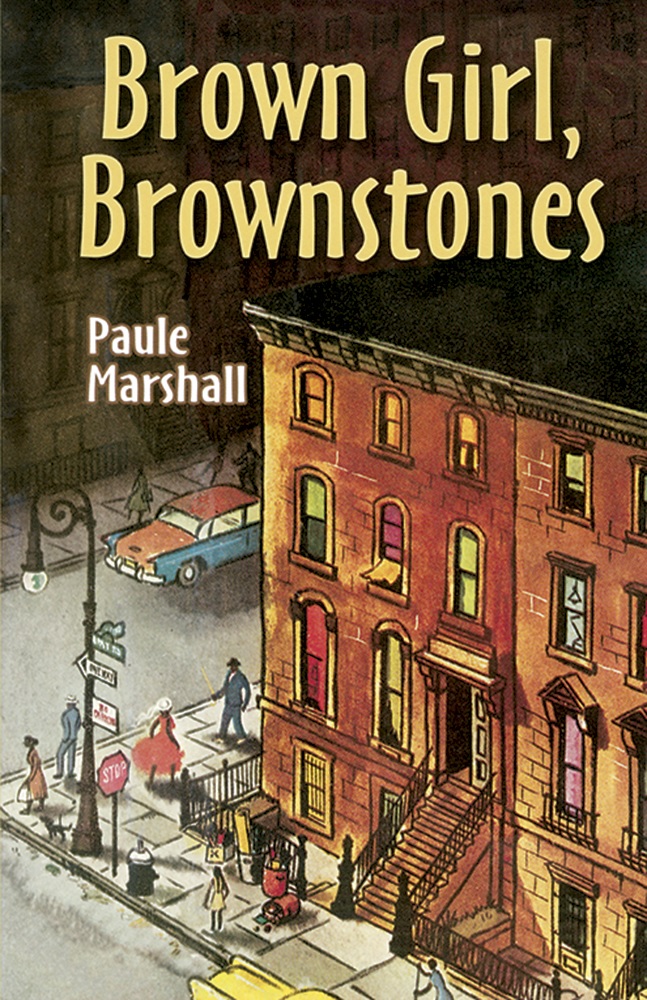 Paule Marshall, a pioneering African American writer, died on August 12 at age 90. She was raised in Brooklyn, N.Y., by poor immigrants from Barbados. Marshall fell in love with language at an early age, and when she was 12 or 13 she changed her name from Paulie to Paule with a silent e in honor of writer Paul Laurence Dunbar (1872-1906). By 1955, Marshall had a masters in English from Hunter College and was working for Our World, a magazine for African American readers. Marshall's debut novel was Brown Girl, Brownstones (1959). In 1961, Marshall received a Guggenheim Fellowship and published Soul Clap Hands and Sing, a collection of four novellas. Her other work includes the novels The Chosen Place, The Timeless People (1969), Praisesong for the Widow (1983), Daughters (1991), The Fisher King (2000) and the memoir Triangular Road (2009).
Paule Marshall, a pioneering African American writer, died on August 12 at age 90. She was raised in Brooklyn, N.Y., by poor immigrants from Barbados. Marshall fell in love with language at an early age, and when she was 12 or 13 she changed her name from Paulie to Paule with a silent e in honor of writer Paul Laurence Dunbar (1872-1906). By 1955, Marshall had a masters in English from Hunter College and was working for Our World, a magazine for African American readers. Marshall's debut novel was Brown Girl, Brownstones (1959). In 1961, Marshall received a Guggenheim Fellowship and published Soul Clap Hands and Sing, a collection of four novellas. Her other work includes the novels The Chosen Place, The Timeless People (1969), Praisesong for the Widow (1983), Daughters (1991), The Fisher King (2000) and the memoir Triangular Road (2009). 